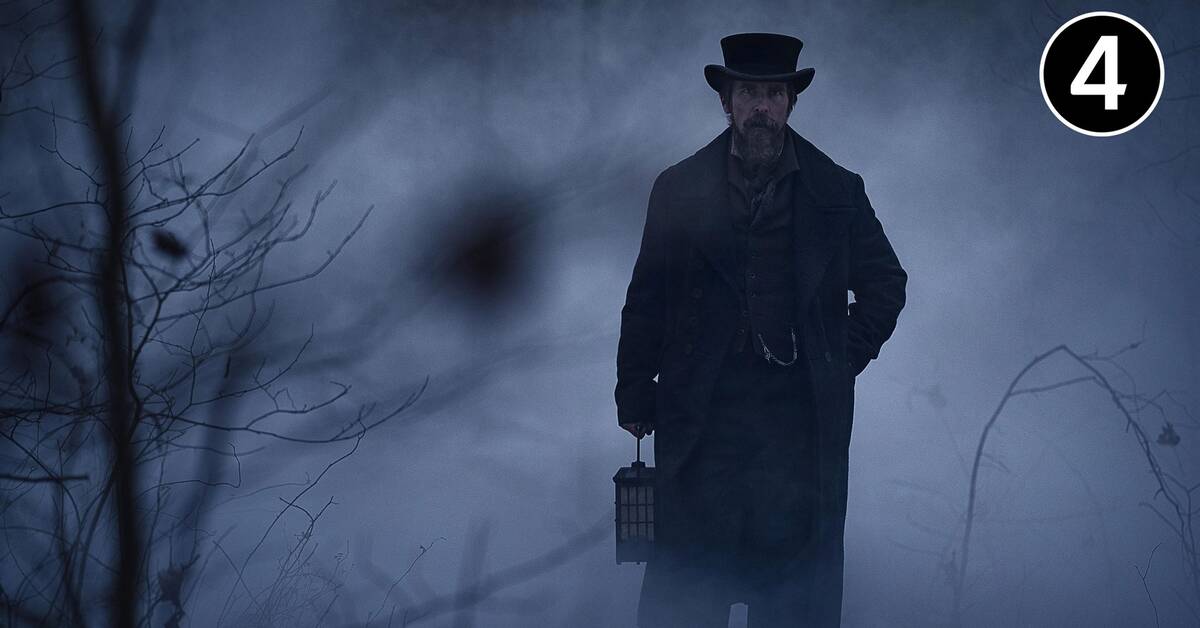A cadet is found
hanging dead from a tree, likely suicide, but when someone breaks into the morgue and cuts out the corpse's heart, management senses owls in the murky bog and calls in scarred ex-military police officer Augustus Landor.
What at first appears to be an easy case becomes increasingly complicated and soon more cadets fall off the peg and the academy's inflated reputation begins to crack at the seams.
Scott Cooper must be in good company with the stars, or he has a casting agent who is good at making offers you can't refuse - this relatively small-scale production offers a pure cavalcade of celebrities: Gillian Anderson (using her overplayed Thatcher mannerisms from "The crown" when she here plays an unstable upper-class lady), Charlotte Gainsbourg, Robert Duvall, Timothy Spall and Toby Jones are placed in roles that are on the verge of being too small for their busy celebrity auras.
Especially the Gallic Gainsbourg, who makes a hidden contribution as a bartender and recurring bedmate to Landor.
But the biggest asset
is still the unknown Harry Melling in the role of Edgar Allan Poe.
Well, he, the old creepy tower actually appears here, in a young version, as one of the cadets.
Apparently, he attended said school for a while, which prompted author Louis Bayard to write the novel on which the screenplay is based.
Here, Poe is a shrewd, clever and well-read type, ignored by the other men.
He offers his geeky services to act as an insider for Landor - and soon an odd but fine bromance develops between the horror master in spe and Christian Bale's tricky criminal.
All presented with a finely chiseled and lived-in Lord Byronic dialogue, which elevates the dark-eyed thriller above its genre peers.
This elegant and gritty
who-dunnit drama leads to a cheesy Scooby Doo denouement, which almost drags the rating down, but is then followed by an epilogue that leaves the aftertaste pleasantly bittersweet.
Bonus info: The title "The pale blue eye" does not allude to The Velvet Underground song (which has a plural-s at the end) but a quote from Edgar Allan Poe's famous short story "The Gossip Heart".

